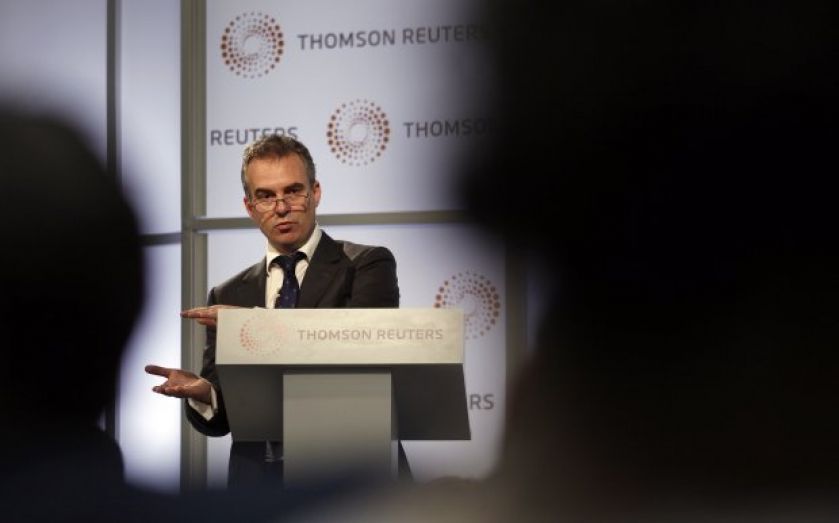Bank staffer Ben Broadbent: Housing market is greatest threat to UK outlook

Fear housing market risks, not bond market bubbles, says Bank of England staffer Ben Broadbent.
When quizzed by MPs on the potential for emerging bubbles in the UK economy, his words clashed with those of Andy Haldane, now the Bank's chief economist.
He disagreed with Haldane's claim that the central bank has "intentionally blown the biggest government bond bubble in history."
"Andy [Haldane] is the master of the colourful phrase but on this I disagree with him," said Broadbent, who instead identified risks in the UK's housing market as the greatest threat to the country's economic outlook. He went on to say that the Bank will not directly intervene on house prices, but is instead only interested in "the rate of growth of mortgages, which is today very low".
Broadbent raised concerns over the indebtedness of those taking out "extremely high" loan-to-value, and loan-to-income ratio mortgages, rather than being worried aboutt he cash purchases of homes. On Help to Buy, he noted that the scheme is "in terms of numbers, pretty small" and suggested that "of that small number, it's in places where you're not seeing rapid growth in house prices", and as such does not pose significant risks to financial stability.
He would later say that if there were real problems with the housing market, such that it posed risks to the entire financial system, ending Help to Buy would likely "not be sufficient". Ever a fan of macroprudential policy, Broadbent gestured towards the FPC's toolbox as containing levers that could control risks in the sector.
Daiwa Capital Markets says that the hearing "might provide insight into his assessment of the degree of spare capacity in the economy and therefore his view on the likely timing of the first rate hike." Speaking to MPs, he signalled that interest rates will likely be lower over the next three to five years than in the period before the financial crisis.
On the subject of unwinding the Bank's quantitative easing programme, Broadbent noted the turbulence in markets seen as investors began to anticipate the tapering of the US' own asset purchases scheme in 2013. Broadbent urged caution, saying that "there's the potential for great volatility here" in reference to the events of last summer.
Broadbent has been called before front of the Treasury Select Committee (TSC) today, to face a grilling from MPs over his appointment as deputy governor for monetary policy at the Bank. He has had a role in Bank monetary policy since joining the Monetary Policy Committee (MPC) as an external member in June 2011.
He then replaced uber hawk Andrew Sentance, who had been voting consistently for rate hikes from June 2010 until his departure. Since then the ex-Goldman Sachs staffer has moved to an internal position on the MPC, as his appointment sees him replace the retiring Charlie Bean. Broadbent's external seat will soon be filled by US economist Kristin Forbes on 1 July.
Forbes is an expert on financial contagion and capital flows, and will be quickly joined by Nemat "Minouche" Shafik, from the International Monetary Fund. Minouche joins in August, bringing the number of female MPC members to two out of nine.
Broadbent is seen as a bit of a centrist, neither a strongly dovish or hawkish member of the UK's interest-rate setting committee. He gives the impression that he thinks that the Bank got things right from 2008 to 2010. More generally he is supportive of the central bank's mandate of keeping inflation to its two per cent target, while keeping the economy stable, rather than being a proponent of popping bubbles.